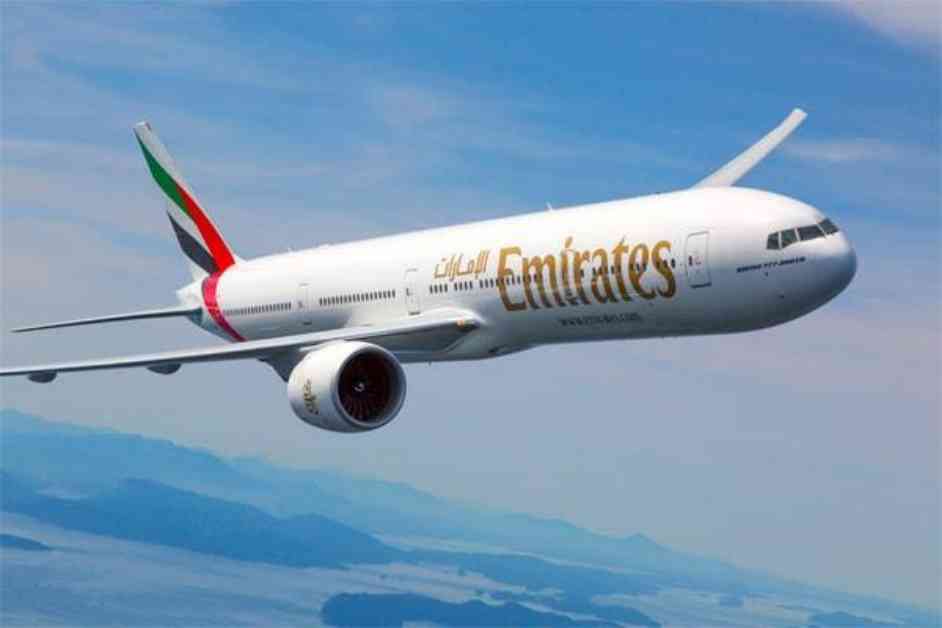Aviation stakeholders have expressed their support for Emirates Airlines’ decision to charge passengers in dollars, citing the airline’s dollar-denominated costs and funds trapped in Nigeria. The move has sparked a debate among industry experts, with some arguing that it is a practical response to the ongoing economic challenges faced by foreign airlines operating in the country.
Challenges Faced by Foreign Airlines
Olumide Ohunayo, a member of the Aviation Round Table, highlighted the inconsistency in Nigeria’s aviation policies and the challenges faced by airlines in paying for various services in dollars. He explained, “Emirates comes here, they pay for services at the International Airport to the agencies in dollars. They pay for fuel in dollars. If you can charge them in dollars in Nigeria, what will hold them back from charging in naira?”
According to Ohunayo, the exchange rate fluctuations and trapped funds in Nigeria have led to financial losses for airlines. He emphasized that charging in dollars could be a competitive advantage for airlines, as in some cases, dollar-denominated tickets were cheaper than those priced in naira. Ohunayo noted, “I have gone to an airline’s website recently. I also had to check with Emirates. Emirates’ dollar-denominated ticket that was on the website was cheaper than the other airline that was selling in naira.”
Support for Dollar Pricing
Kingsley Nwokoma, the President of the Association of Foreign Airlines and Representatives in Nigeria, highlighted that any complaints regarding the issue should follow proper channels. He emphasized that purchasing tickets in naira or dollars should be a matter of choice for customers, stating, “There should be no compulsion. It should be a choice because most people who buy tickets online use their dollar cards.”
Nwokoma warned that mandating dollar purchases across the board could cause significant disruption to the system, particularly for those using local channels for ticket purchases. He urged individuals to address their complaints through the appropriate channels, such as the NCAA or the ministry.
John Ojikutu (retd), the Chief Executive Officer of Centurion Security Limited, supported foreign airlines charging Nigerian customers in dollars, considering the economic environment in which the airlines operate. He stressed that foreign airlines pay for services at Nigerian airports in dollars and should not be expected to sell tickets in naira under such circumstances.
Ojikutu questioned the management of the approximately $2 billion collected annually from foreign airlines by various agencies in Nigeria. He raised concerns about the transparency and accountability of these funds, stating, “The money we collect in dollars every year from these foreign airlines is about $2 billion. Where is the dollar? That is the question we should be asking the agencies collecting the money.”
Engagement with Emirates
The Nation Association of Nigeria Travel Agencies (NANTA) recently held discussions with representatives of Emirates to address the airline’s decision to sell tickets in dollars to Nigerians. Following the meeting, NANTA’s executives decided to pursue further engagement, requesting that even if Emirates continues selling tickets in dollars, they should also provide the option for customers to pay in naira.
The ongoing debate surrounding Emirates Airlines’ decision to charge passengers in dollars reflects the complex economic challenges faced by foreign airlines operating in Nigeria. As stakeholders continue to engage with the airline and regulatory bodies, the industry will need to find a balance between economic viability and customer preferences in ticket pricing.
